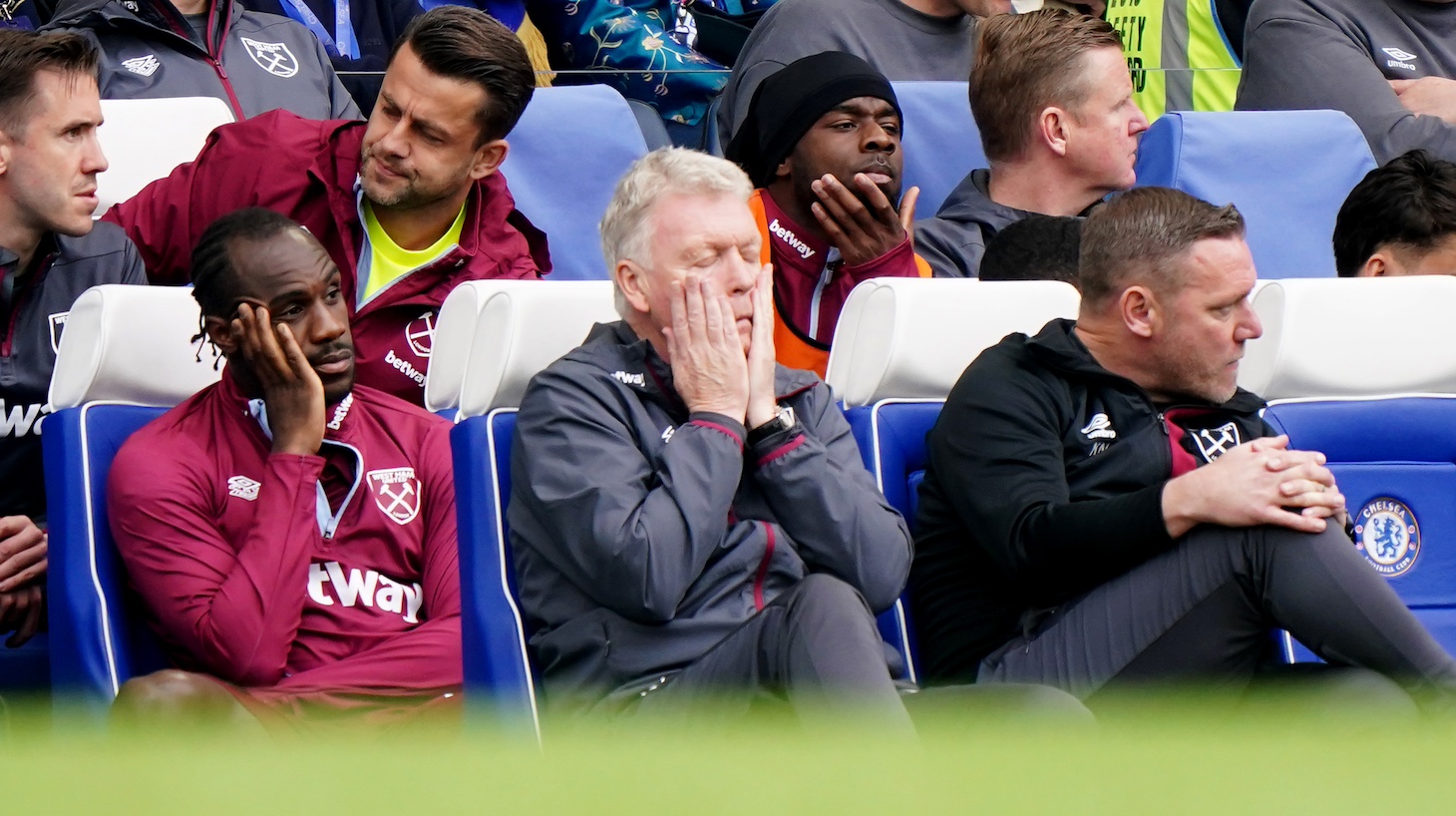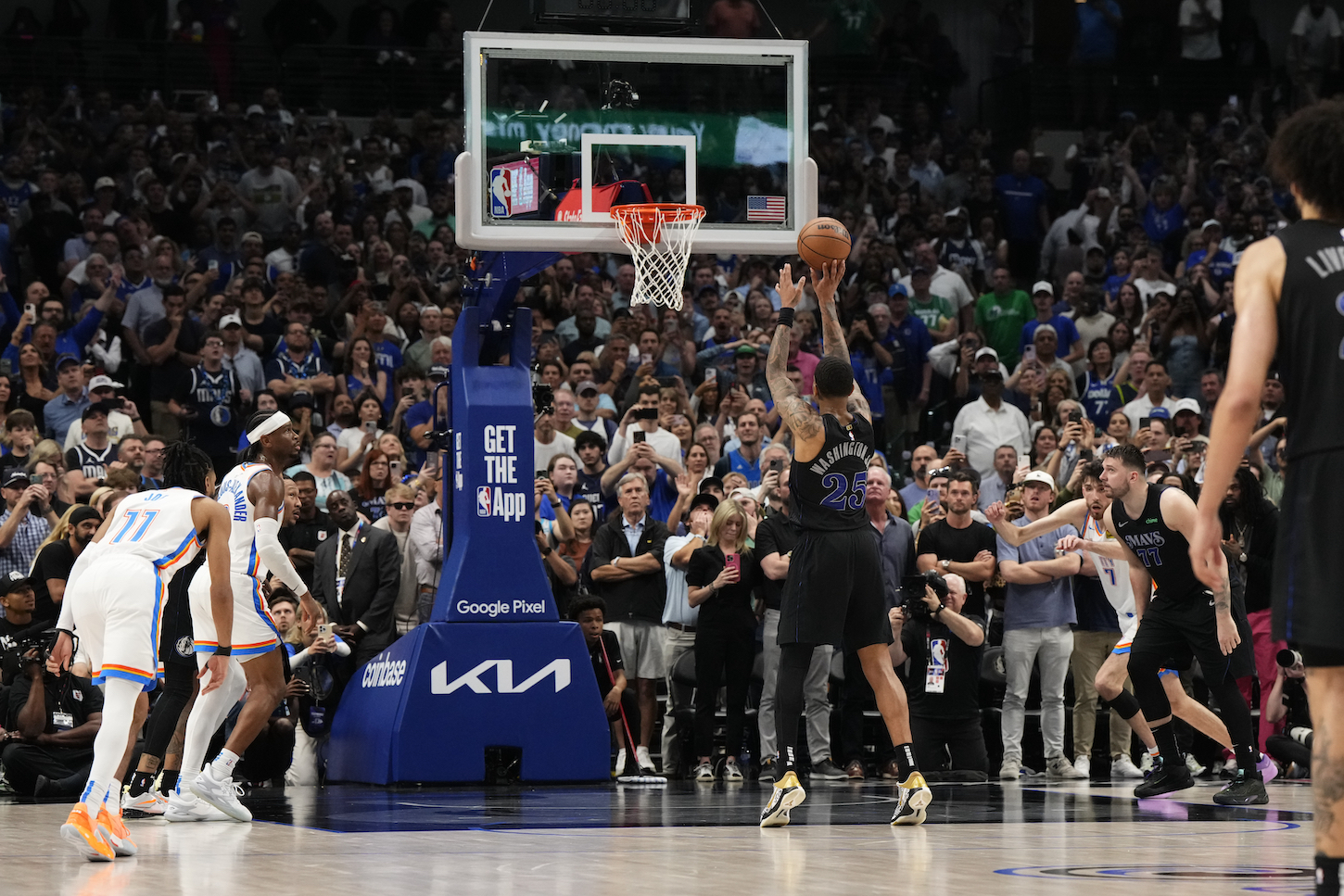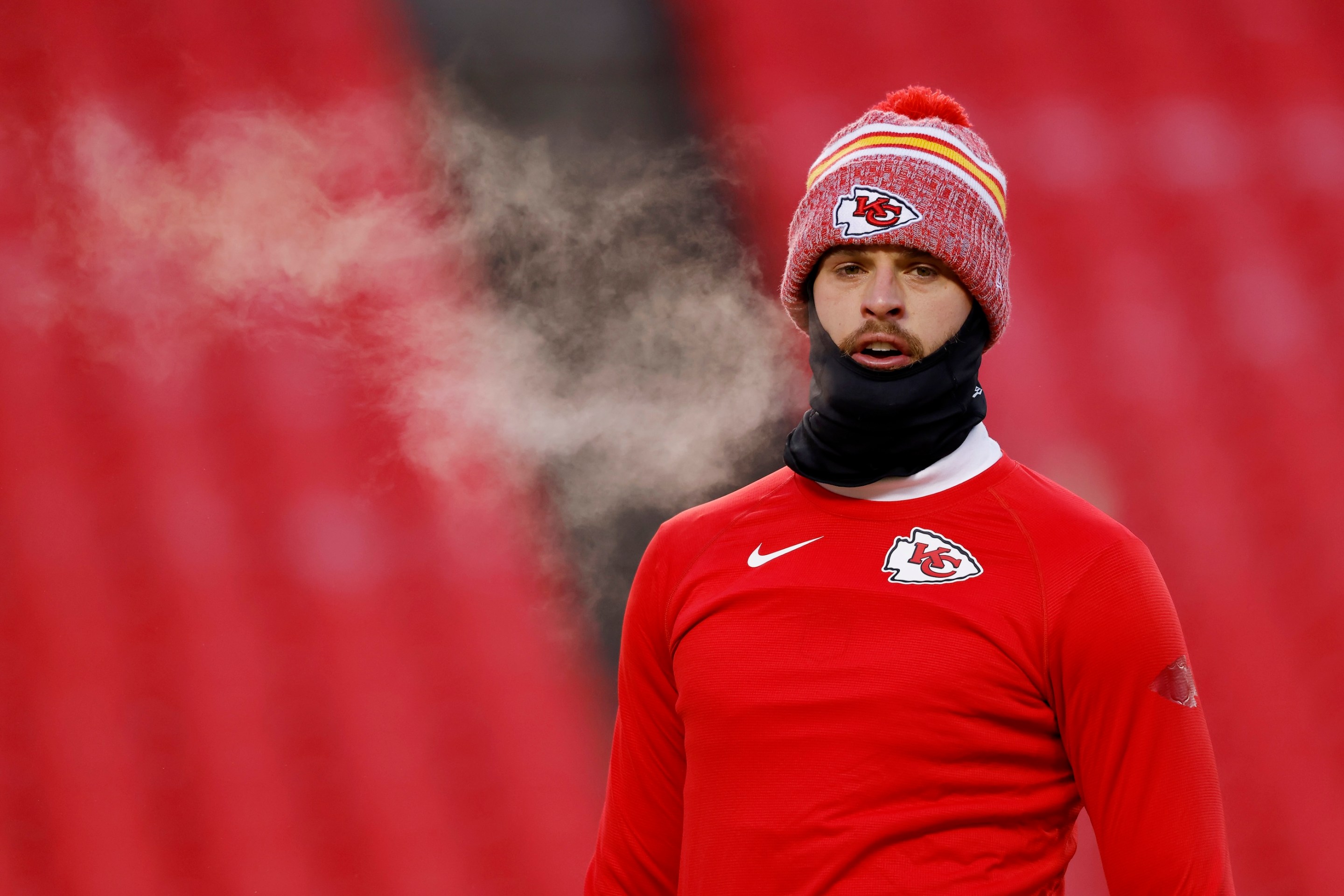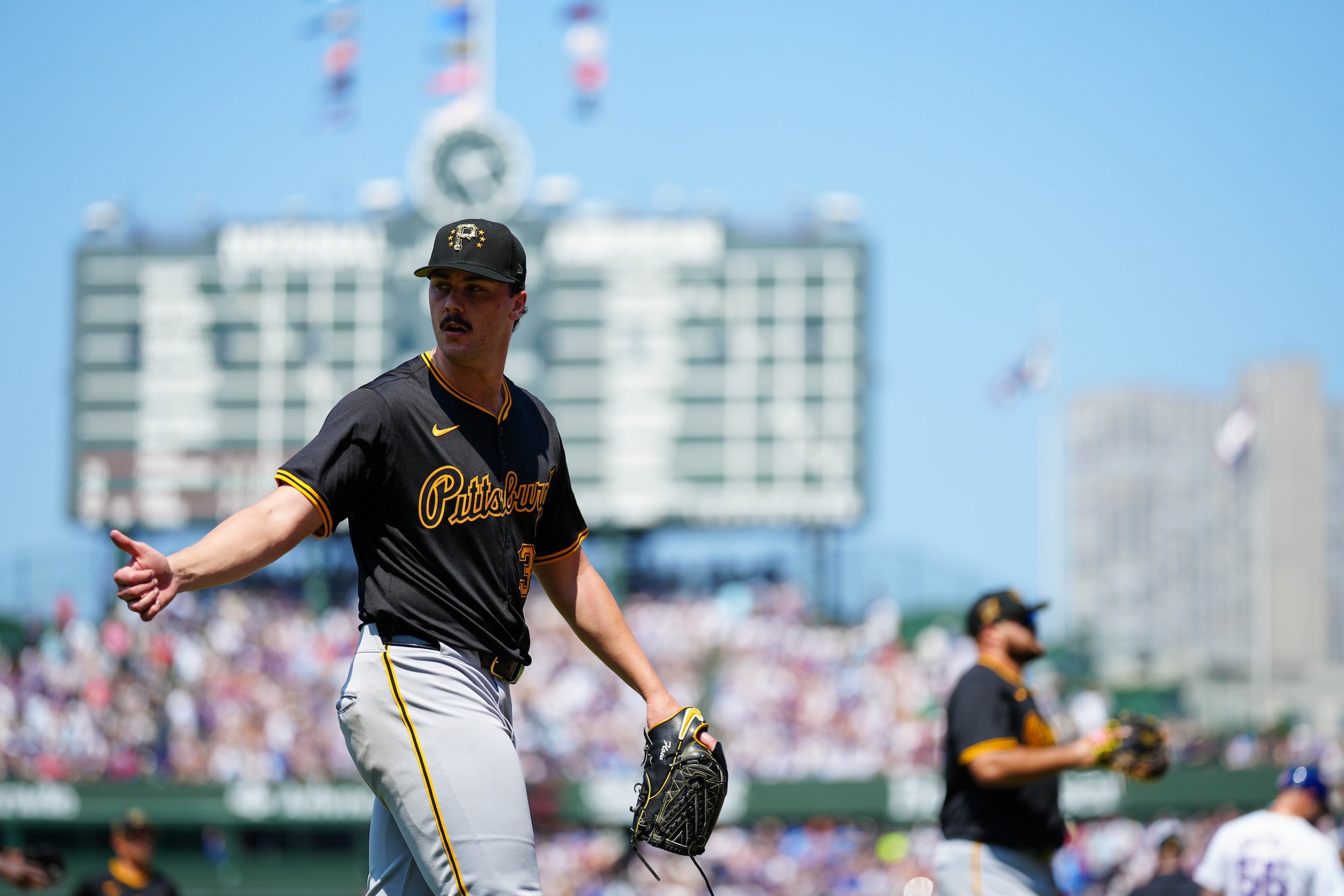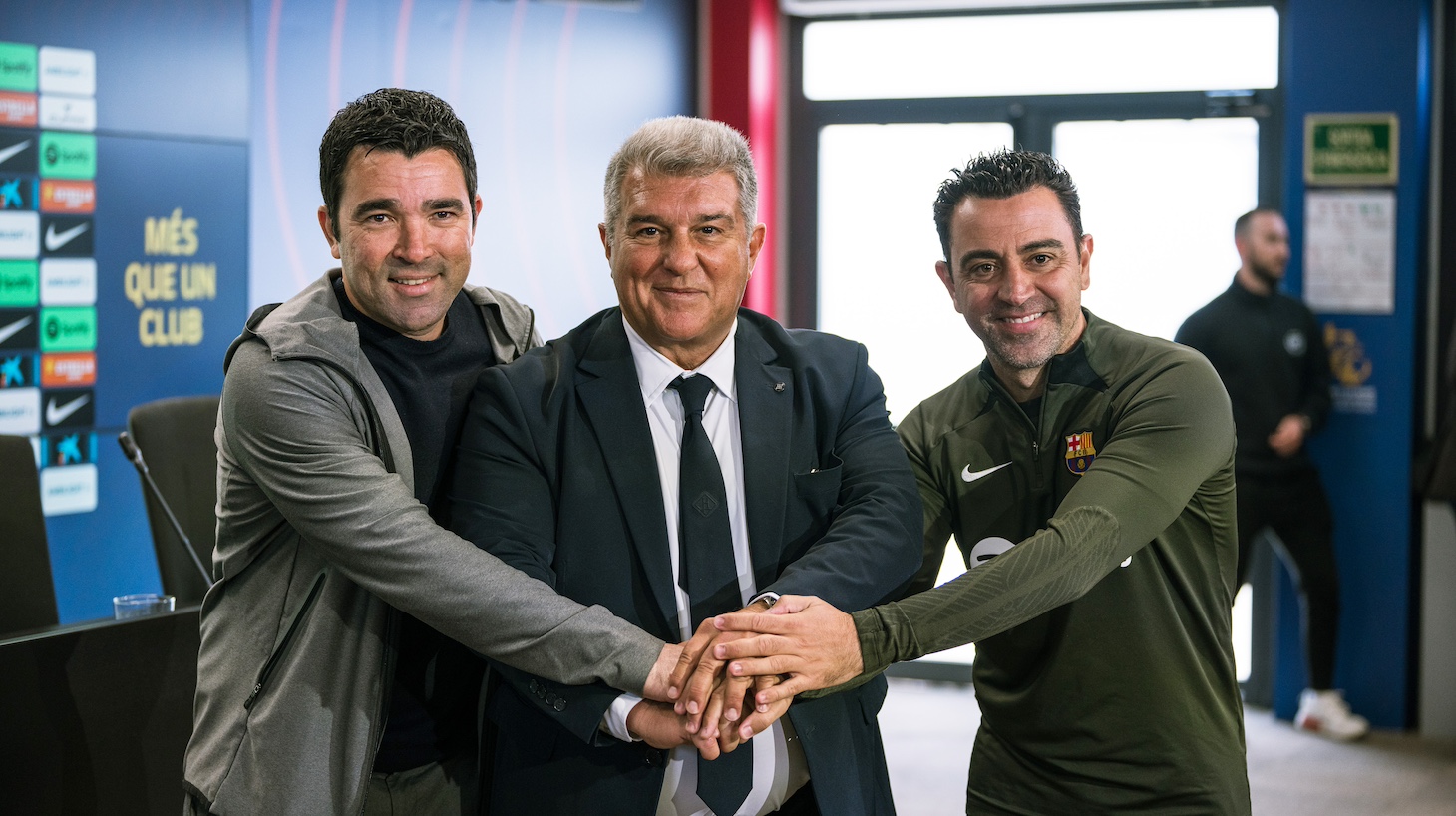It is official: David Moyes will leave West Ham at the end of the season. The Hammers have endured a nightmarish run in 2024, winning just three 17 Premier League matches, squandering their considerable attacking talent with a defensive style of play about as easy on the eye as a squirt of lemon juice, and somehow shipping cargo jets of goals in spite of it all. Irons fans have been fed up for months, desperate for the club to put them out of their misery and, if not can Moyes's ass midseason, then at least announce that the club won't retain his services past his contract's expiration this summer. Alas, after a 5-0 drubbing at the hands of Chelsea on Sunday—the fifth time the Hammers have given up five or more goals this season—those angry fans have gotten their wish. Reports say former Wolves manager Julen Lopetegui has been chosen to replace the wizened Scot.
The closing of Moyes's West Ham tenure looks familiar on its face. Each of his jobs since his ill-fated decision to swap Everton for Manchester United has ended in more or less similar fashion; fans of Man Utd, Real Sociedad, Sunderland, and even West Ham (he had a drab six-month interim stint there to close out the 2017-18 season) all know what it's like to pray for salvation from Moyesball when things aren't going well. In reality, though, the resemblance of the present situation to those previous failures is misleading.
Moyes has been a revelation at West Ham. Since returning to the club on an interim basis in December of 2019, taking over for the fired Manuel Pellegrini, who had succeeded Moyes in the very same job a year and a half prior, Moyes's time in London has been wildly successful. His first half-season in charge was just about keeping the club up, which he did. He followed that by leading the Hammers to a sixth-place finish in the 2020-21 season, their 65 points the most they'd ever earned in the Premier League era. That sixth place came with a spot in the Europa League, where in 2021-22 they made a run to the semifinals while also finishing seventh in the Prem. West Ham's league form was shakier the next year, ultimately landing them in a safe but unremarkable 14th place, but it also brought silverware in the form of a win over Fiorentina in the final of the Conference League, earning the Hammers their first trophy in over 40 years. The impressive league finishes, the qualifying for and making deep runs in three consecutive European competitions, and that glorious trophy combined to cement Moyes as an undisputed legend of the club, placing him only behind Ron Greenwood and John Lyall in the pantheon of West Ham managers.
And even this season hasn't been awful, at least in terms of the results. In spite of that terrible form since the turn of the year, the Irons are still in a totally respectable ninth place in the table. Their European season has been a success, taking them back to the semis of the Europa League, where they fell without shame to a literally unbeatable Bayer Leverkusen. If you'd have told Hammers fans at the start of the season that they'd be in the running for the European spots until the very end (they've only definitively fallen out of that race recently) before coming just short, and would make another deep run in the Europa League, all of it fueled by stellar performances from the star attacking trio of Jarrod Bowen, Lucas Paquetá, and Mohammed Kudus, they probably would've been pretty happy with those returns.
The problem, one that has dogged Moyes along all his post-Everton stops, is that a season is more than just a place in a table or even a trophy in the cabinet, and a manager's job requires more than just delivering on objective measures of success. The one thing fans of all clubs, regardless of size, most desire is progress. Progress is an idea, not a tangible fact. To maintain good standing, a manager has to meet fans' expectations in terms of wins and losses, but also to sell the idea that the club is doing something and going somewhere—in a word, is progressing toward an even better destination.
Fairly or unfairly, the context of elite soccer today makes it particularly difficult for Moyes to convince anyone that he is a force for progress. It's often been said of Moyes that the game has passed him by. I think there's some truth to that, but not in the way it's often used. If the success of West Ham over the past four-and-a-half years stands for anything, it's that Moyes remains an excellent manager fully capable of succeeding in the sport as it is played today. There's a prevalent notion that soccer today has moved on from—or progressed past—the kick-and-rush, deep defensive blocks, low-possession, counter-attacking style that typified the traditional British playing philosophy, of which Moyes is a disciple. That was a common explanation for why Moyes's Manchester United, Real Sociedad, and Sunderland teams failed, and it crept back into the discussion now that his West Ham has started to flounder.
While it is true that playing styles vary in prevalence and effectiveness over the years, depending on the fashions of the day and the common problems any given era tends to pose for its teams, there is no tactic or way of playing that is ever either foolproof or completely obviated. What matters most, today or any other time in the game's history, isn't whether a team has sophisticated enough goal-kick buildup routines or a trequartista-centric gegenpressing schema that limits access to the half-spaces or whatever; rather, what matters is that a team has talented players whose best attributes are maximized, individually and in concert, inside an overarching playing style that the manager knows how to design and get his players to execute. There are innumerable ways to play soccer, and any of them can work. The idea that Moyes's style of play makes him some kind of a dinosaur from a bygone age, doomed to fail against the new breed of tiki-taka high-pressing mavens, should be definitively put to rest in light of what he's done at West Ham.
Clearly then, the sport of soccer has not passed Moyes by. Still, I do think it's possible that the game of today's soccer, referring to all the on- and off-field aspects of the manager's job that contribute to success as defined outside of the win-loss record, is such that Moyes cannot win. It goes back to that idea of progress. The style Moyes coaches his teams to play can win games, but it struggles to win hearts and minds in a time where "progressive soccer" is defined as almost the polar opposite of what Moyes's teams produce. West Ham can score goals, but it does so in just about the most difficult, unattractive way possible, relying on set pieces, long balls, and long, isolated runs from the attackers. The main focus of West Ham's play is to stay deep and compact without the ball in order to protect its own goal, which it has usually been good at under Moyes. This year, however, even that hasn't worked: the Hammers' 70 goals conceded is better only than the three teams currently on track for relegation.
West Ham has endured its relegation-quality defending thanks to the supreme talents of its players, chiefly those three attacking wizards Bowen, Paquetá, and Kudus. But a team with such a formidable attacking line should really be playing a style that enhances their abilities, one that offers them easier access to the final third than just chasing after long punts over the top of the opposing defense, one that excites fans and can get them to believe that, should they keep hold of those big talents, a truly special run maybe into the Champions League places could be on the horizon.
It's that excitement and belief in a brighter tomorrow that Moyes has failed to inspire in Irons fans. The template West Ham should be trying to recreate is Aston Villa's, taking advantage of the owners' willingness to invest and the allure of the Premier League to amass a squad and, yes, a manager who could finish in the top four. For all the concrete results Moyes can use to support the notion that he could be the man to take the Hammers even higher, he lacks the ability to tell a convincing story about how he'd get them there. His tactics are old and unexciting. He is old and unexciting. What he represents is old and unexciting. The concept of progress is malleable, but one thing it never is is old and unexciting.
And so Moyes and West Ham have decided to part ways at this juncture, where a coach perceived to be a man of the past could not get his club's fans to believe that he could guide it to a new, improved future. It's not a sad story. His time at West Ham has reestablished Moyes's reputation as a true Premier League great, a long-awaited return to the justified praise of his iconic Everton years after so many high-profile flops in between. This will only be the end of the road for him if he wants it to be, though it's difficult to see him landing a job at any especially ambitious club for the same reason he's now out at West Ham.
For West Ham itself, the future is once again full of possibility. That cuts both ways: Moyes may have limited the club's potential ceiling, but he also all but guaranteed the floor would be somewhere above the relegation zone. Letting Moyes go looks like a sound decision, but plenty of optimistic Premier League clubs have dropped their boring but consistent British managers in favor of a flashier continental hire, the kind of move almost always branded as progressive, only to suffer the consequences.
Lopetegui is a good manager who's had success in several different countries, including England, though the Spaniard is hardly a guarantee. Lopetegui does aim to play more attractive soccer than Moyes, and Bowen, Paquetá, and Kudus (provided West Ham can keep all/any of them) should look even better in the new manager's setup than they already did with Moyes. It may be easier to envision West Ham enjoying an Aston Villa–like season with Lopetegui at the helm instead of Moyes, but the thing about the future is that nobody knows how anything will turn out. The only certainty is that Moyes did exceptionally well, earned the love and trust of the Hammers' faithful, but ultimately had to go, a manager too tied to the past to inspire dreams of a better future.
